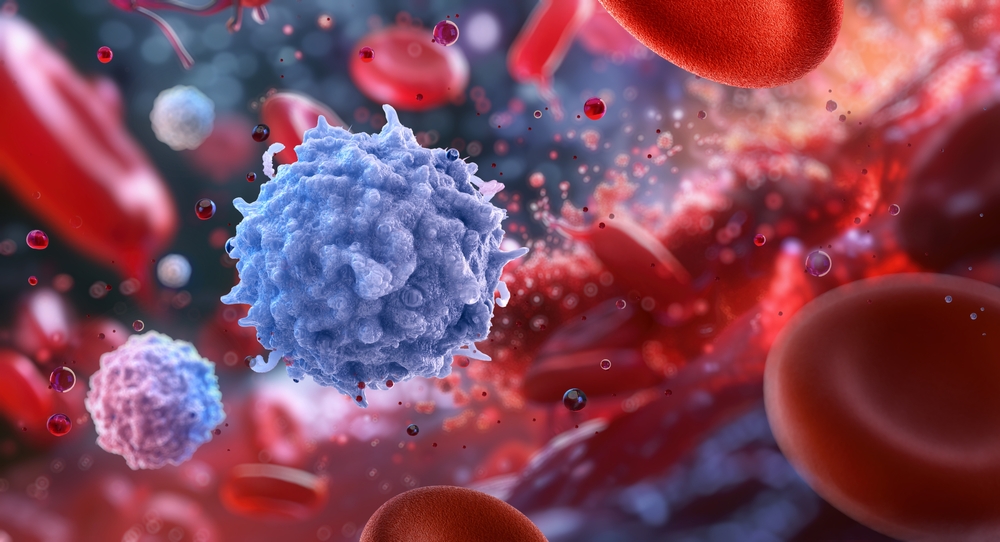The immune system protects the body from infection by microorganisms such as bacteria, viruses, fungi, and parasites. It consists of barriers that keep pathogens from entering tissues, cells that detect and destroy pathogens, and proteins that pass messages to other cells. The immune system quickly responds to microorganisms. Additionally, it prepares the body for the next time it is exposed to the pathogen.
The main barriers include the skin, tissues, and commensal microbiota. They contain antimicrobial peptides and digestive enzymes to prevent infection and remove pathogens from the body. While there are trillions of microorganisms in our bodies, most of them do not cause disease and can even be beneficial.
Neutrophils, macrophages, and dendritic cells destroy extracellular pathogens by engulfing them. Natural killer cells destroy intracellular viruses by causing programmed cell death. The immune response is initiated by the binding of a specific region on the pathogen to its receptor.
Proteins communicate among immune system cells and act as messages that can produce responses. These include cell survival, death, or differentiation. They are very important in maintaining homeostasis (physiological equilibrium in the body).
A strong immune system can not only protect you against numerous diseases. In addition, it can help control body weight, improve cardiovascular health, and even protect us against cancer.
One of the easiest ways of boosting your immune system is ensuring you get enough sleep (7–9 hours per night for seniors). Also, you should eat a healthy and balanced diet, exercise regularly, try to minimize stress, and stay hydrated.
Using the Boom Health app, you can book qualified caregivers to assist in getting your loved one’s needs met. They provide expert knowledge and ensure the highest level of attentiveness and medical support. To get started, download the app on the App Store or Google Play Store.
This article is not intended to be a substitute for professional medical advice or diagnosis. Always seek the advice of your physician or other qualified health provider with any questions you may have regarding a medical condition.





